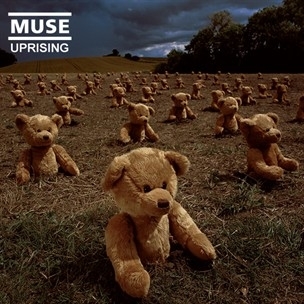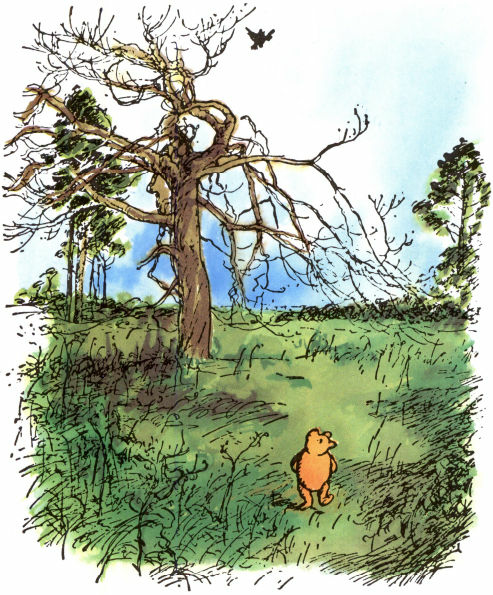A 7-year-old girl dies in U.S. custody. The White House disclaims responsibility. The White House needs lessons in logic. And compassion.

When I was hungry you gave me to eat
When I was thirsty you gave me to drink
Whatever you do to the least, you do it to Me
Washington Post:
Trump administration not to blame for ‘tragic’ death of 7-year-old girl in Border Patrol custody, White House says
A White House spokesman on Friday called the death of a 7-year-old girl in Border Patrol custody a “tragic situation” but said the Trump administration is not to blame and called on Congress to “disincentivize” migrants from making long treks to the southern U.S. border.
U.S. Customs and Border Protection said Thursday that the girl from Guatemala died of dehydration and shock after she was taken into custody last week for crossing from Mexico into the United States illegally with her father and a large group of migrants along a remote span of New Mexico desert.
Asked by a reporter if the administration is “taking any responsibility for the girl’s death,” White House spokesman Hogan Gidley said: “Does the administration take responsibility for a parent taking a child on a trek through Mexico to get to this country? No.”
According to CBP records, the girl and her father were detained about 10 p.m. Dec. 6 south of Lordsburg, N.M., as part of a group of 163 people who approached U.S. agents to turn themselves in.
More than eight hours later, the child began having seizures, CBP records show. Emergency responders, who arrived soon after, measured her body temperature at 105.7 degrees. According to a statement from CBP, she “reportedly had not eaten or consumed water for several days.”
She died less than 24 hours after being transported by helicopter to a hospital in El Paso.
Here is the missing logic:
It is stipulated that the girl died in part from dehydration, also possibly from malnutrition.
It is stipulated by the U.S. CBP that she had not eaten or consumed water for several days.
The CPB had her in custody for eight hours before she showed symptoms.
During the eight hours she was in custody, she could have been given water and food, but apparently wasn’t.
Therefore, CPB could have done something to help prevent the death but didn’t, which indicates some responsibility.
As for the missing compassion, last night the White House held its grand Christmas Party. Maybe somehow, sometime, during the season, they will learn something. Miracles do happen.










